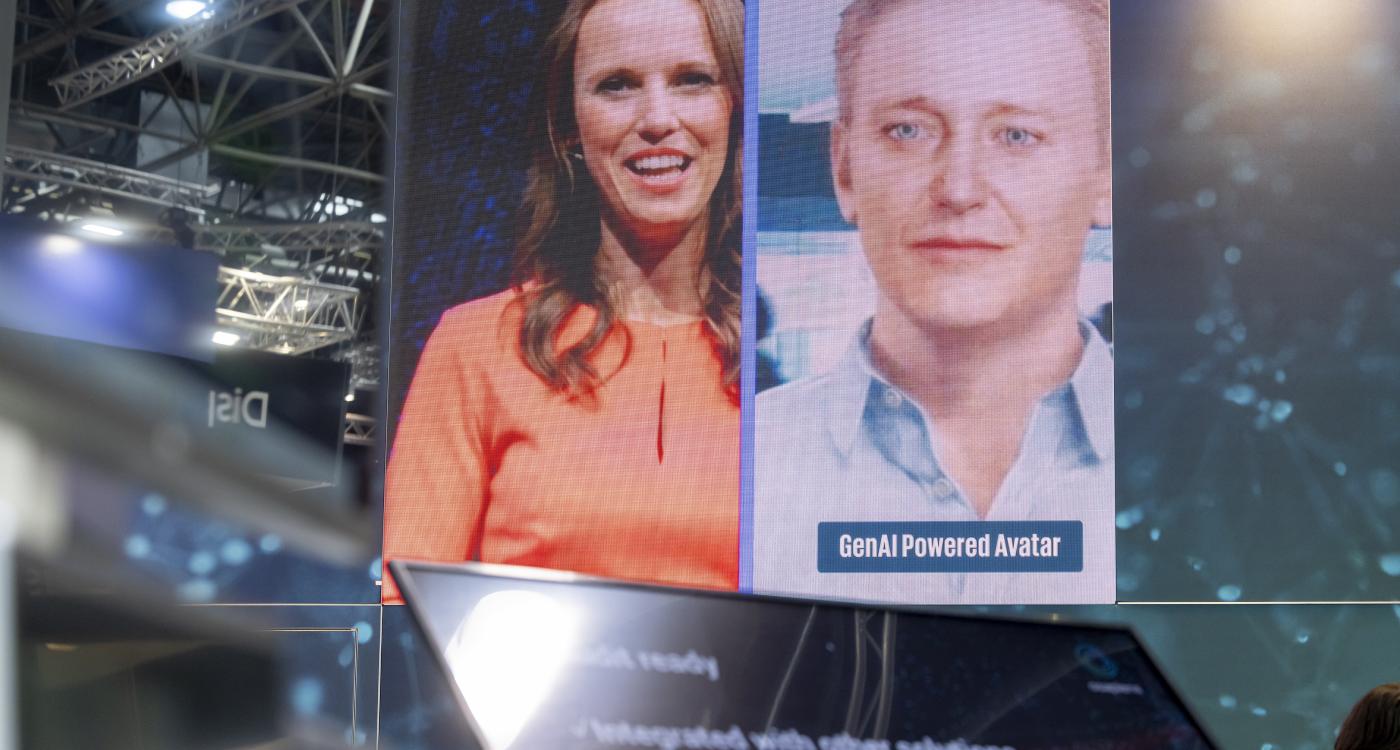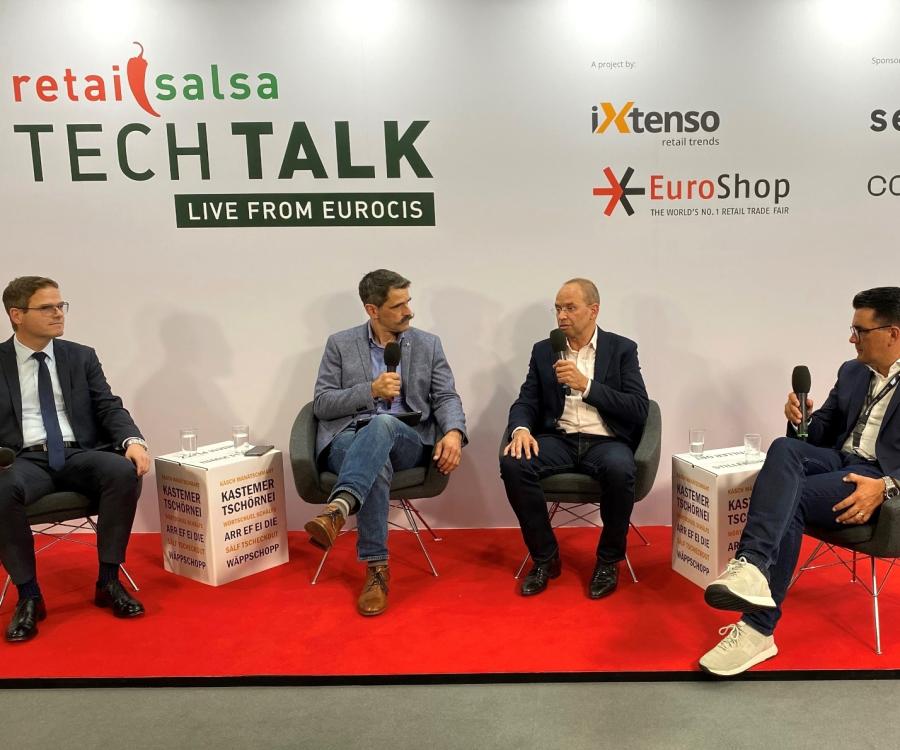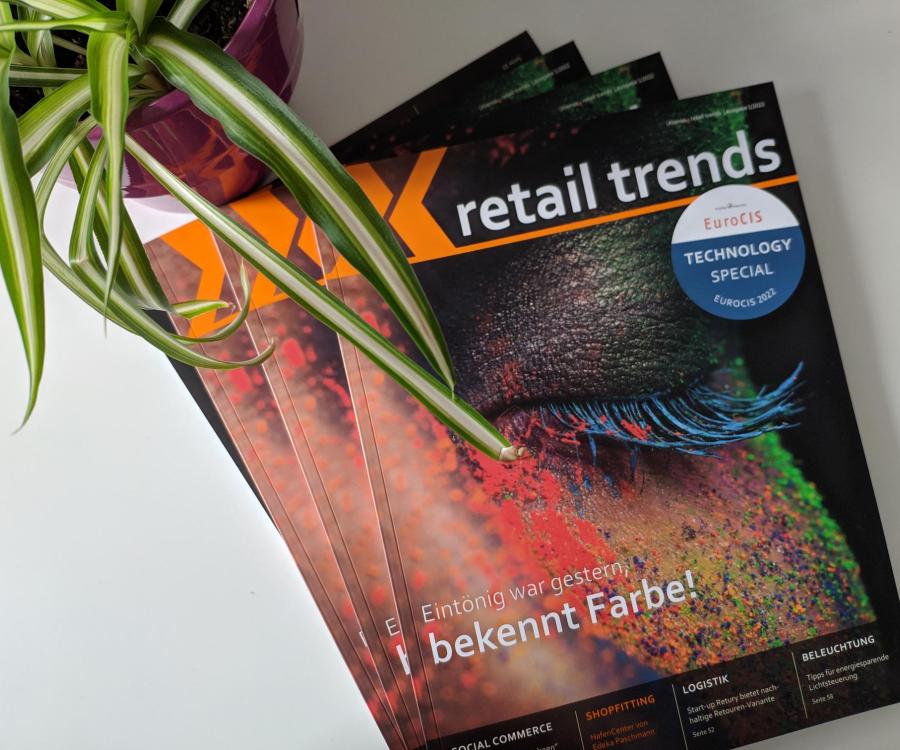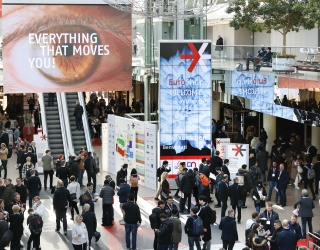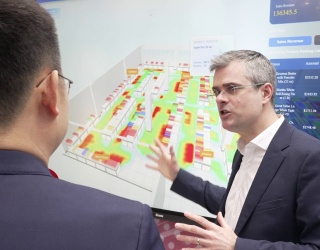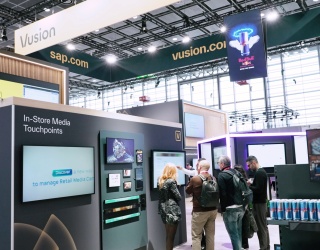Exponential learning progress especially through generative AI makes IT solutions possible that seemed like distant visions of the future just a few years ago. EuroCIS 2025 gives retail companies the opportunity to obtain first-hand information about current AI applications and the technical requirements needed for efficient AI use.
As if by magic the cursor hovers across the screen, opens a webshop, selects products and places them in the shopping cart – according to Google’s AI division DeepMind, Internet use is on the threshold of a fundamental paradigm shift. In December the company launched a new generation of AI agents capable of handling complex queries in several steps. The aim of the development: instead of human beings, smart machines are to surf the web for products and information in future and independently procure the desired items.
AI 2030: 1,000 times smarter than today
Two years after the launch of ChatGPT this scenario appears neither impossible nor improbable: especially generative AI has developed rapidly now making applications possible that were scarcely conceivable two or three years ago. “With no other technology have I seen as many innovations emerging concurrently in basic research, technology development and new applications as in generative AI in 2024,” says Ute Schmid, Managing Director at the Bamberg Centre for Artificial Intelligence, recently featured on German state broadcaster ZDF. And Satya Nadella also believes that this is just the start of a steep learning curve. At a business conference in November the Microsoft boss said the performance of AI systems would continue to double every six months. This would mean in five years AI systems would boast 1000 times their current “brain power”. IT applications that still appear like science fiction today could already be operational by EuroCIS 2030.
AI knowledge not yet fully leveraged
Across all sectors of industry, businesses face the challenge of keeping pace with the enormous speed of development. Many find this difficult: according to a current joint survey of the German-speaking SAP-user group DSAG and their counterparts in the USA and Great Britain, less than 10% of those polled consider themselves experts in AI and generative AI. Only 30% of the companies participating in the survey in the D-A-CH region use AI at least in some areas. “The speedy development of AI technologies can be overwhelming for companies,” says Jens Hungershausen commenting on the survey results. The DSAG chairman adds that pilot projects are a way to stay on the ball. In these projects companies can acquire valuable experience and build in-house skills for more comprehensive AI implementations in future. According to the survey, at least one in three DSAD member companies are currently running AI pilots.
Business processes in focus
Asked about current or planned applications for Artificial Intelligence, the majority of companies – according to DSAG – state above all the data-based optimisation of business processes. AI-assisted data analyses and improved decision-making processes – topics that have already ranked very high on the retail agenda for a long time. Like in previous years, the segments Analytics as well as Merchandise & Supply Chain Management are among the focal exhibits at EuroCIS. Providers of ERP platforms, forecasting and planning software, merchandise management, inventory management, in-store analytics, CMR or dynamic pricing solutions have already banked on rules-based AI and machine learning for many years now. Lectures by, amongst others, audit and consulting firm KPMG, Deutsche Telekom, Invent.ai, Wayvee Analytics and the Fraunhofer Institute for Intelligent Analysis and Information Systems (IAIS) will inform visitors on current developments and show how AI and generative AI can make for more efficiency and transparency across the complete value chain. At the trade fair, the Institute will present the “RetAll Allocator”, to name but one solution, an AI-based distribution solution for logistics. It allows availability in webshops and physical outlets to be optimised – by way of faster re-introduction of returns into retail or more precise sales forecasts, for example.
AI 2025: key technology driver
The increasing use of smart and more and more autonomous systems goes hand in hand with rising requirements made on the technical infrastructure, on the availability of reliable data in real time, but also on IT security and sustainable energy management. The global market research and consulting company ISG expects Artificial Intelligence to no longer be an isolated development but rather a driver for many IT trends such as robotics, Cloud and Edge computing or Spatial Computing. EuroCIS enables retail companies to also gather information about preventive cyber security concepts, IoT solutions as well as robotics and computer vision. GK Software, for example, will be presenting partner solutions such as the AI-assisted article recognition at self-checkouts or smart shopping trolleys with integral personalisation. Even manufacturers of self-service scales such as Bizerba focus on AI-assisted visual object recognition to make the weighing of fruit and vegetables or sustainably unpackaged products faster, more shopper-friendly and less error-prone. To this end, the merchandise placed on the scales is captured by a camera system. An algorithm analyses the image data and displays the matches.
At EuroCIS 2025 the Chinese company Hanshow will show how retail chains never lose sight of their outlets with the help of AI. This provider of electronic shelf labels (ESL) and digital store solutions practically gives shelves eyes by linking ESL, AI cameras and IoT technology. Shelf-Edge Computer Vision enables companies to automate stocktaking processes, identify perished goods or avoid out-of-stock situations. These tasks can alternatively or additionally be performed by a mobile service robot that autonomously moves through the aisles. According to Hanshow, these AI-based solutions also allow comprehensive data analysis of stocks, sales trends and shopper preferences in physical retail stores – i.e. business intelligence comparable to e-commerce.
Alongside this Chinese company, German company MetraLabs will present their mobile service robot Tory, which can now even guide shoppers to the desired merchandise in store. By contrast, the smart AI agents by Google & Co are still in their infancy. It is still unclear when they will become the new standard for internet use. But they learn quickly as is known: those eager to follow their progress live can apply to be a test subject on the Google DeepMind website. And the way companies sell or advertise online is also likely to change fundamentally once smart AI agents become a standard on billions of browsers.
Artificial Intelligence is just one of the Hot Topics at EuroCIS – click here for other focal themes at the retail technology trade fair.

